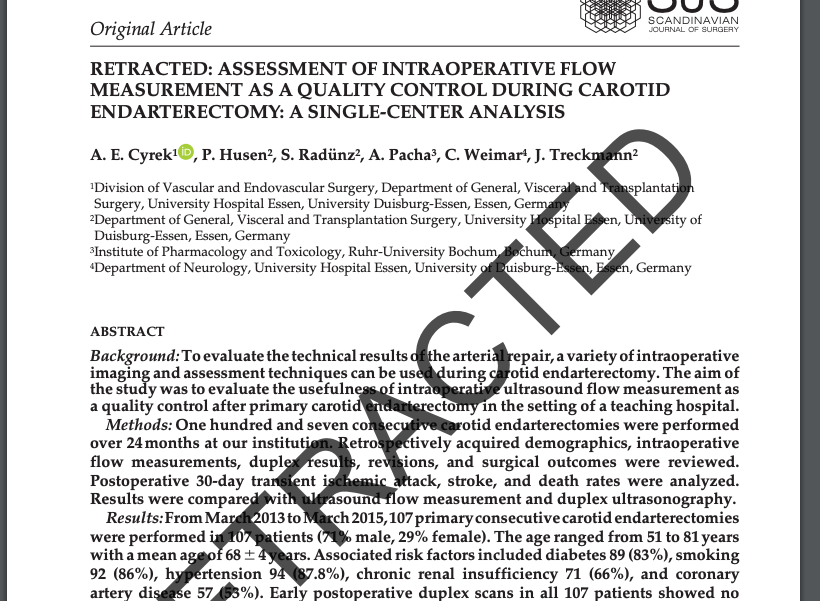A tourism researcher in Japan has been suspended and demoted after university officials found that they had committed plagiarism in at least three papers in school publications.
In an August 4 statement, Atomi Gakuen Women’s University said Masami Murakami, formerly an associate professor, had been suspended from July 15 to September 14, and would now hold the rank of “full-time lecturer” at the school.
According to the statement, signed by university president Kiyoshi Kasahara, the punishment was “Based on the recognition of specific fraudulent activity (plagiarism) in the written paper.”
Continue reading Researcher in Japan suspended, demoted for plagiarism







